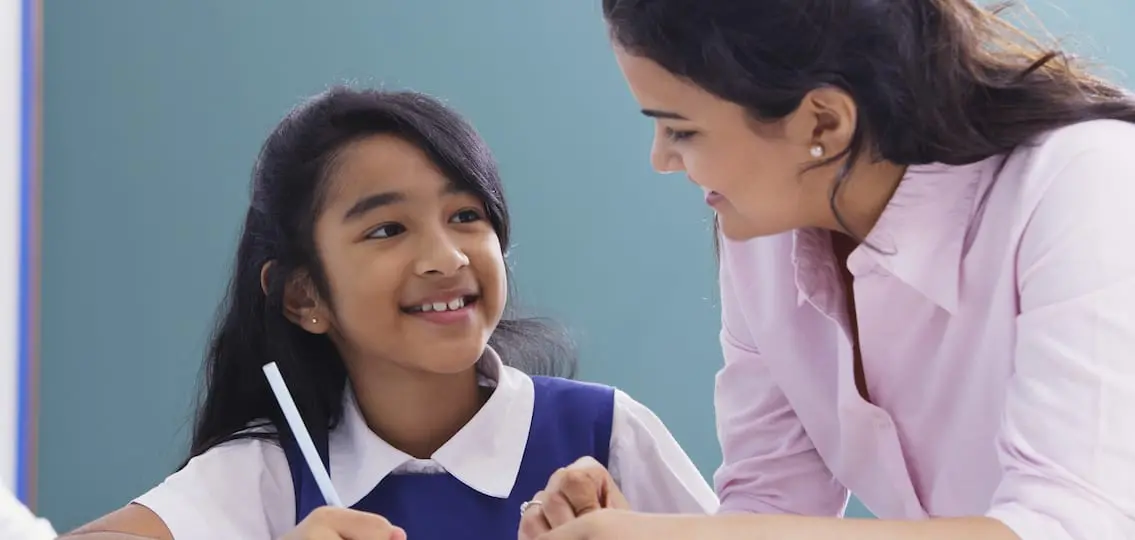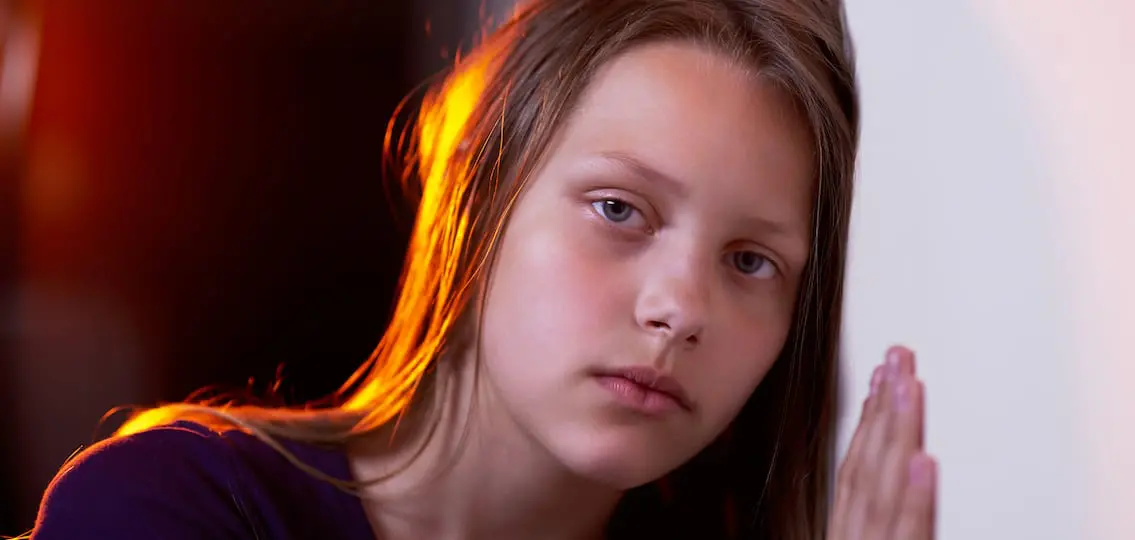When fellow Clevelander Dr. Lisa Damour sent me an advance copy of her new book, Untangled: Guiding Teenage Girls Through the Seven Transitions into Adulthood, I knew I was in for a treat. But little did I know that I had been given the ultimate guide for parenting.

Lisa Damour’s Untangled offers perspective on what’s happening to your teenager—with friends, family, school, and much more—and two essential tools: a roadmap for how to improve the day-to-day relationship with your teenager, as well as perspective on the big picture of raising a capable, young adult ready to be successful in the world. Untangled is comforting, without judgment, and above all, so wonderfully practical. I had the pleasure of sitting with Lisa Damour to discuss the ideas she brings up in Untangled. Enjoy.
Author of Untangled On Teenage Girls
Q: I wish I’d had the advice in Untangled 10 years ago. Why did you decide to write the book?
Damour: Teenage girls get an especially bad rap. People are very quick to malign them. So the main reason I wrote this book is to change the way we talk about teenagers and teenage girls in particular.
| [adrotate banner=”160″] |
Q: Change how?
Damour: What I’m proposing is a new framework for thinking about adolescence in general, and I play that out as it applies in specific ways to teenage girls. But I’m sincerely hoping that parents of teenage boys will just lay the details of having a son over the framework I am offering. A lot of this book is about what it means to be a teenager and how teenagers grow and think.
Q: What’s the best advice you’d give to parents?
Damour: I like to offer parenting advice without telling parents what to do but rather giving them a way to think about what they are seeing. So in those incremental decisions that parents have to make about, say, “Do I step in and clean my daughter’s room because she is so busy?” my hope would be that the parent could stand back and say that cleaning up her room falls under the umbrella of taking care of herself. Is her failure to clean her room evidence that she is struggling with self-care in general or is this something she is generally excellent at but she is having a bad week? That kind of framework would allow a parent to make a more informed decision rather than just reacting moment by moment to what teenagers do.
Q: Can you identify one mistake parents often make?
Damour: Parents tend to take the normal behavior of adolescence far too personally and then respond in a hurt way. Most of my conversations with fathers and mothers of teenagers is helping them reframe the interaction.
Q: What do you hear from the girls you work with as director of Laurel School’s Center for Research on Girls?
Damour: Girls report that most adults don’t understand the complexity of their demanding lives and how much they are trying to juggle. So much is happening during adolescence, often simultaneously. Teenagers must work triple overtime in order to accomplish the kind of growth that turns a 12-year-old into an 18-year-old. Girls are really busy. They are juggling their friendships and their schoolwork and their romantic interests and their growing responsibility for themselves and their frustrations with the adults around them. I usually come out of conversations with girls feeling that adults don’t have enough empathy for teenagers. Because our adult lives have become very routinized, I think we forget that the lives of teenagers are constantly dynamic.
Q: How can parents find the balance between overparenting and being too hands-off?
Damour: “Will my kid be okay?” is the concern that drives all parenting. The problem is that there is such a long distance between the choices I make today and the outcomes I am aiming for in 15 years, and that is really scary for parents. In that anxiety, sometimes parents make choices that in retrospect seem overprotective or inappropriately interventionist.
Q: So what do we do instead?
Damour: Look at the question, “Is my kid okay?” in a different way. Your daughter may be freaking out today about the fact that she didn’t make the soccer team, but if she doesn’t freak out every day, she is probably doing generally okay with harnessing emotions. The fact that your daughter is having this moment today doesn’t have to become grounds for an overreaction.
Q: What happens if we do overreact?
Damour: Those moments can be very fruitful. It was really important for me to include all the research on “Rupture and Repair” because the last thing I would want is for parents to think that they can’t be human with their teenagers. There are many, many ways to get it right in parenting, and it’s a terrible way to parent if you have to worry that everything you do has to be just right. You will get into rough times with each other, what matters is how you get out of them.
Q: But what do we do if our daughters say something that’s actually hurtful?
Damour: Try to separate the message from the medium. I think you can say, “Hey, that was not nice, and it hurt.” Or, “I think you have a point, but it’s going to be hard for people to hear your point if you say it that way.” You can stick up for yourself and try to minimize mistreatment. At the same time, you will be letting your teenagers know that mistreating people is not okay. My experience is that teenagers who feel heard will soften their touch. Though that doesn’t mean that in their first foray they are going to say it softly.

Q: Do you have any final thoughts to share?
Damour: We should go into parenting saying, “I love my kid. I am doing the best I can with what I’ve got. We are on this journey together. There are certain things that are absolutely my job, like creating warmth, structure, rules, and predictability, but within that framework I am open to the idea of being flexible about how this interaction goes, and what matters most is that we have a working relationship.”




